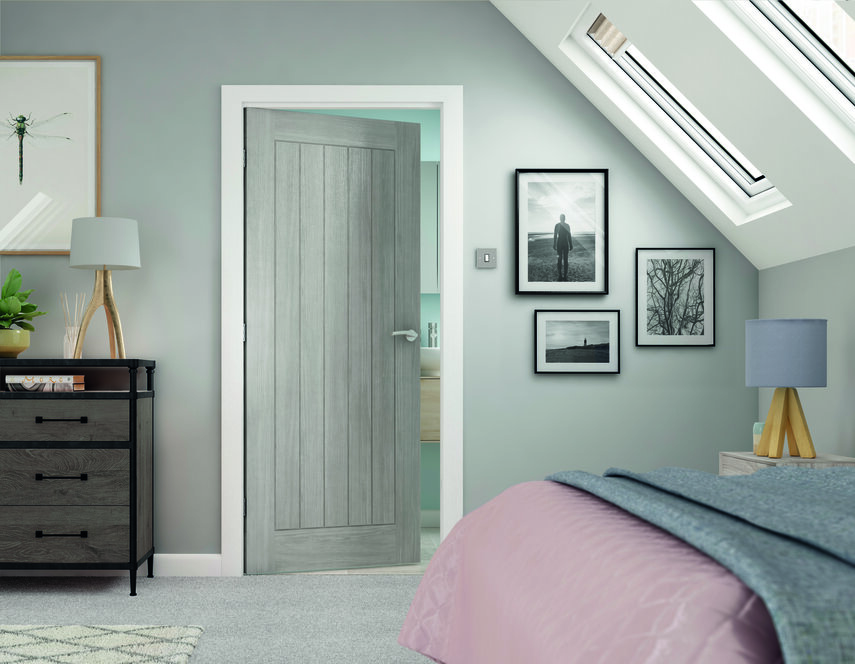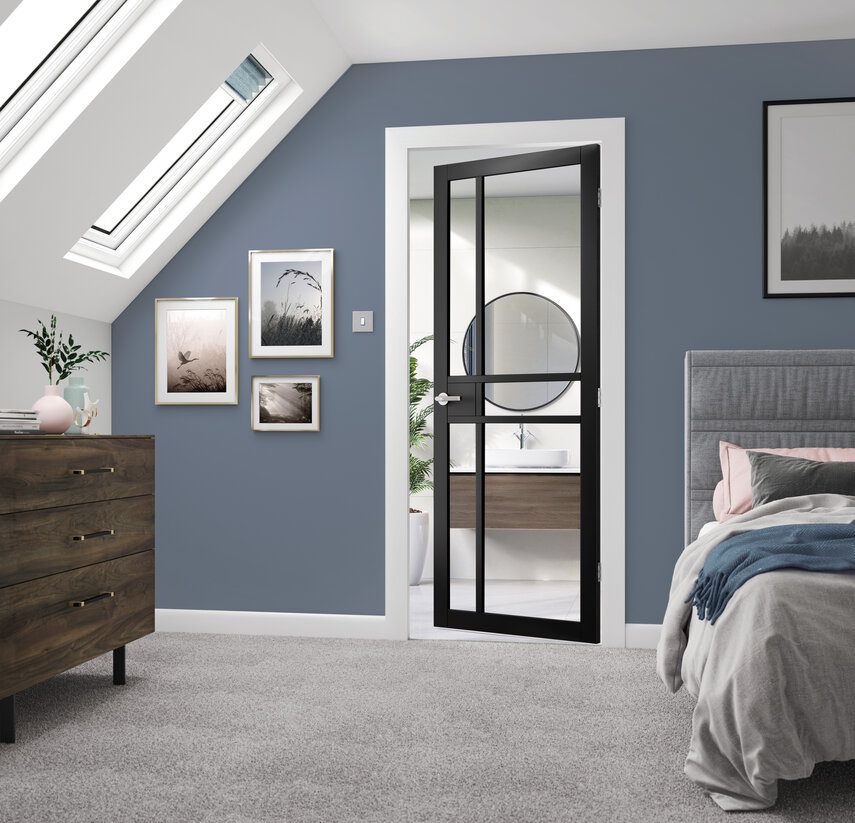Will a Loft Conversion Add Value to My House?
A loft conversion can be a simple way of adding extra living space into your home. But many homeowners want to know if a loft conversion can boost the value of their property as well as expanding the square footage.
In a competitive housing market, making the right decisions about home improvements can significantly impact the return on your investment. In this guide, we’ll look at whether a loft conversion can really deliver financial benefits, so you can better understand how to enhance the value of your home.
Do loft conversions increase property value?
In short, yes, loft conversions can increase the value of your property
Loft conversions are appealing to buyers because they add more usable space to a home. Many people simply use their loft space to store items, and whilst storage is important, a thoughtfully designed loft conversion could add both storage and living space. Loft conversions could include extra bedrooms, an additional bathroom, and/or a home office or walk-in wardrobe. These can all help to make your property more attractive to buyers and therefore increase its value.

How much value will a loft conversion add to a home?
It’s estimated that a loft conversion could increase your home’s value by 20%-25%. Of course, the type of loft conversion you undertake will affect how much value is added, plus the location of your property will also impact the added value.
Studies show that loft conversions in the North East of England will result in the lowest value increase, at around £37,300. In the South West and South East, loft conversions could see property values increase by £71,800 and £97,800 respectively, and in the Yorkshire area property value can be boosted by £49,100.
Homes in Central London could see the biggest value increase, at £199,752. This is unsurprising considering the higher value of properties in London overall, as well as square footage being a rare commodity in the centre of the capital.
How much does a loft conversion cost?
According to Checkatrade, the average cost of a 30m2 loft conversion will range between £27,500 to £75,000 plus. How much you spend on your loft conversion will depend on the size of the loft and how complex the project is. For example, if you’re having a new bathroom installed, this will typically cost more as plumbing will be required.
The average cost of a loft conversion for a semi-detached home is £50,000, whereas a detached home could see a loft conversion cost £62,000. Bungalows usually see the highest price for a loft conversion, at £75,000, whereas terraced homes usually see the lowest cost, at £27,500.
Your loft conversion budget will need to include:
- Stair conversion
- Flooring
- Insulation
- Labour
- Building materials
- Finishes
You may also need to factor in costs for moving your water tank if that’s positioned in your loft, as well as painting and cladding the exterior of your home.
Does a loft conversion require planning permission?
One of the benefits of a loft conversion is that it can be a way of extending your home without needing planning permission. The majority of loft conversions are considered to be “permitted development” which means that as long as the building work fits the required criteria, no planning permission is required.
The situations where you will need planning permission will be if your project extends the roof space outside of the current boundaries, and/or if it exceeds a noted volume of space (which differs depending on the type of home you have). You can find out more information on the Planning Portal website.
Even if your loft conversion meets the criteria and doesn’t need planning permission, you will still need to ensure the project meets the necessary building regulations around structure and fire safety, for example, fire doors may be required if escape routes aren’t suitable. Working with professionals who are registered with the government’s Competent Tradesperson Scheme will help to ensure your loft conversion meets all protocols.

Tips for your loft conversion
Below are some practical tips to ensure your loft conversion project is carried out successfully.
- Research – before you commit to a loft conversion, ensure your home is suitable for this type of project and that it will be the most cost-effective way of extending your living space. Talk to local estate agents to see whether loft conversions are desired in your local property market.
- Budget – Get multiple quotes for your loft conversion and set your budget. Remember to include everything from the initial surveys to the finishing touches. It’s advised to include a contingency of around 10% of the total expected costs, to cover any unforeseen problems that come up.
- Plan – If you’re getting a loft conversion before you sell your home, you’ll need to factor in how long the project will take. A loft conversion can usually be carried out with minimal disruption to the rest of the home, but it could still take between 6-12 weeks. You won’t want people to view your home whilst building work is going on, so make sure all works are complete before you put your home on the market.
JB Kind has a huge range of internal doors in a variety of styles, perfect for your loft conversion. Download our brochure or contact us to find out more.

